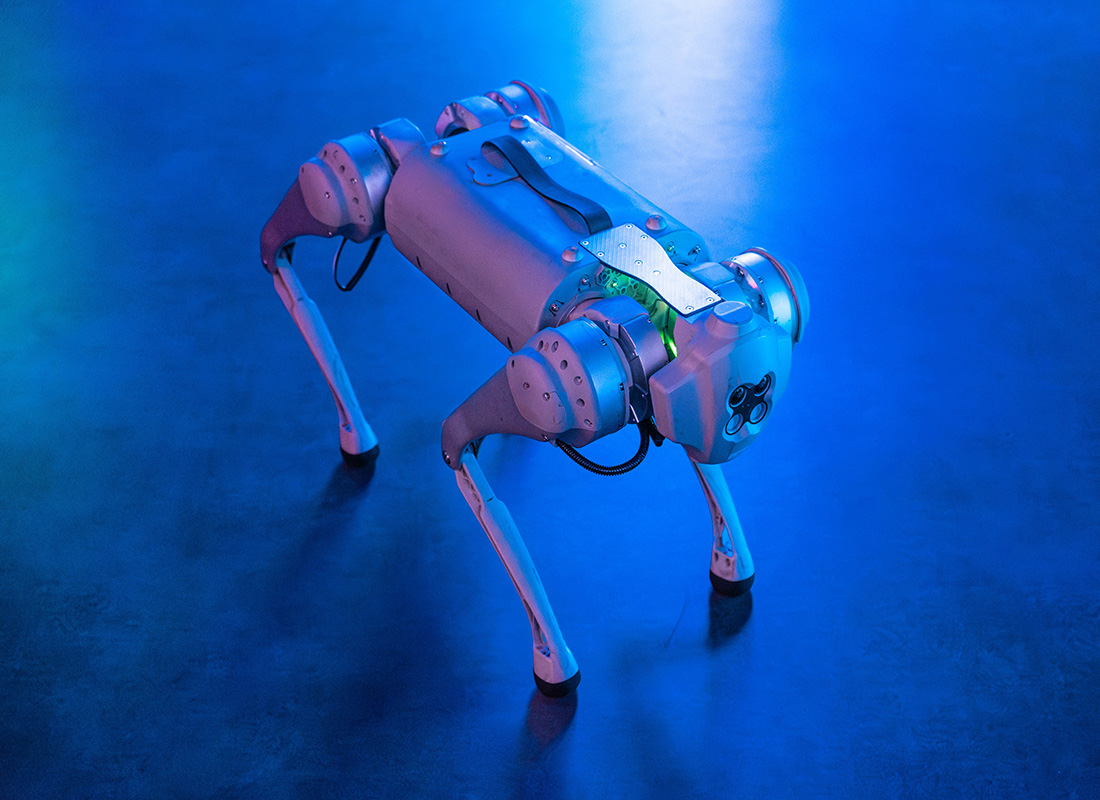In this talk, Professor Calder gave a personal reflection on the role of models in computer science - based on her experience of developing and applying models in domains as diverse as telecommunications, systems biology, and HCI, and at design time, at run time, and after collecting sets of logged user traces from thousands of users.
She showed how models can help us understand and analyse systems as they are, rather than what we hoped for at design time, through two examples: a real-life safety critical communications system with failures, and a mobile app for which interactions of hundreds of users have been logged over many years. In both cases, unexpected behaviours were found - in systems out there in the wild.












